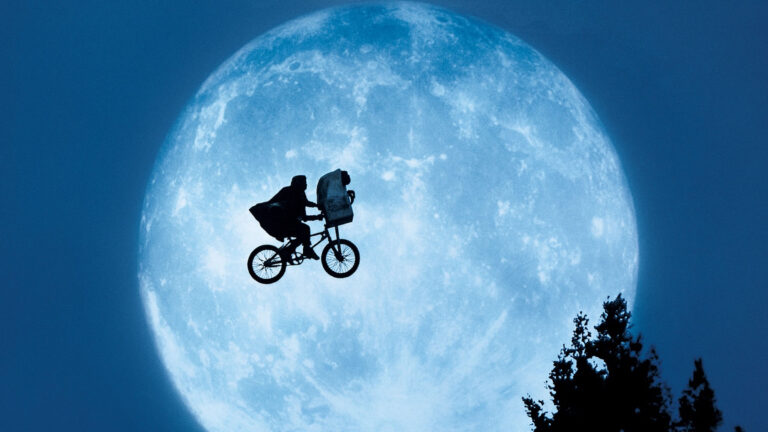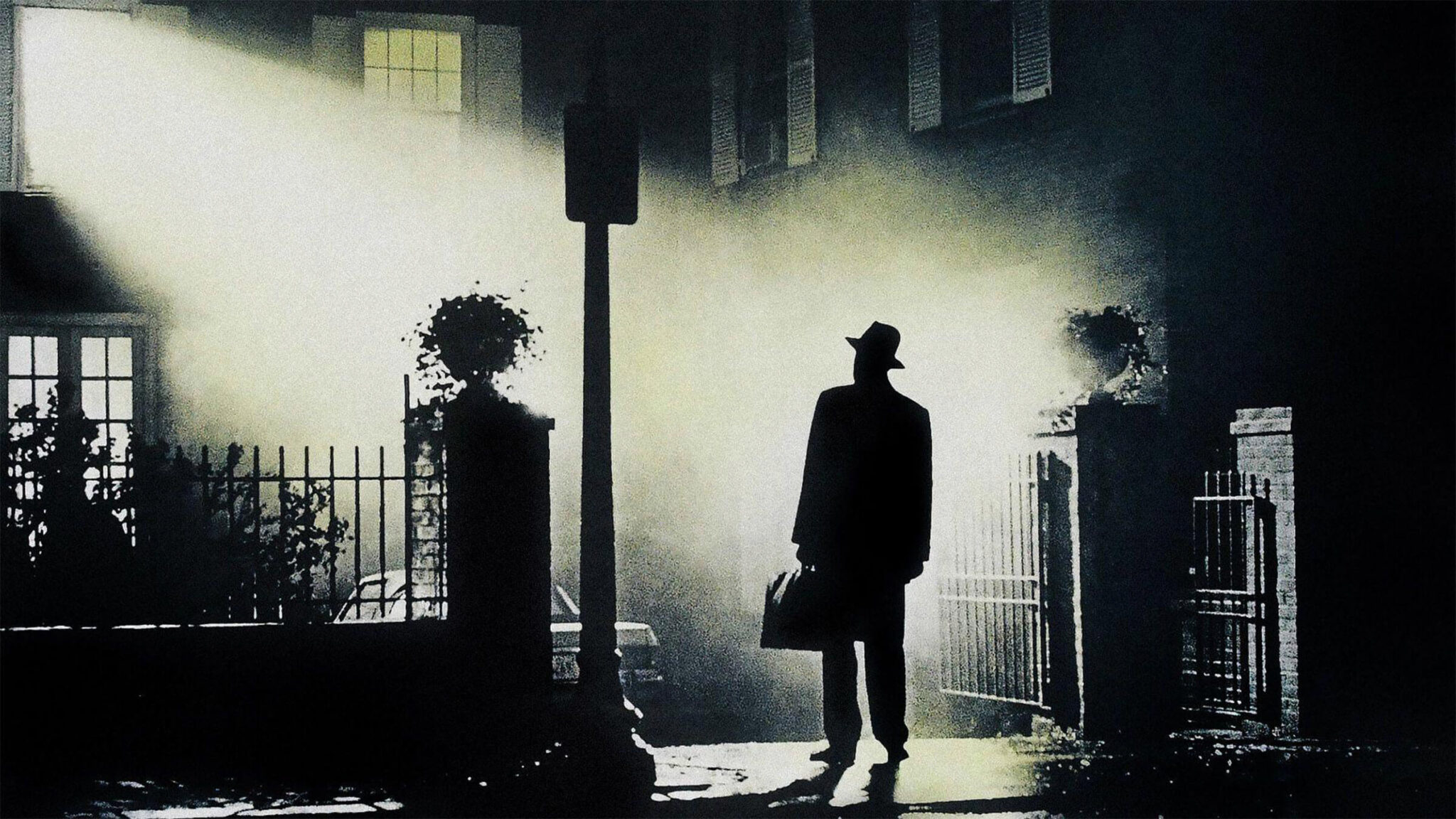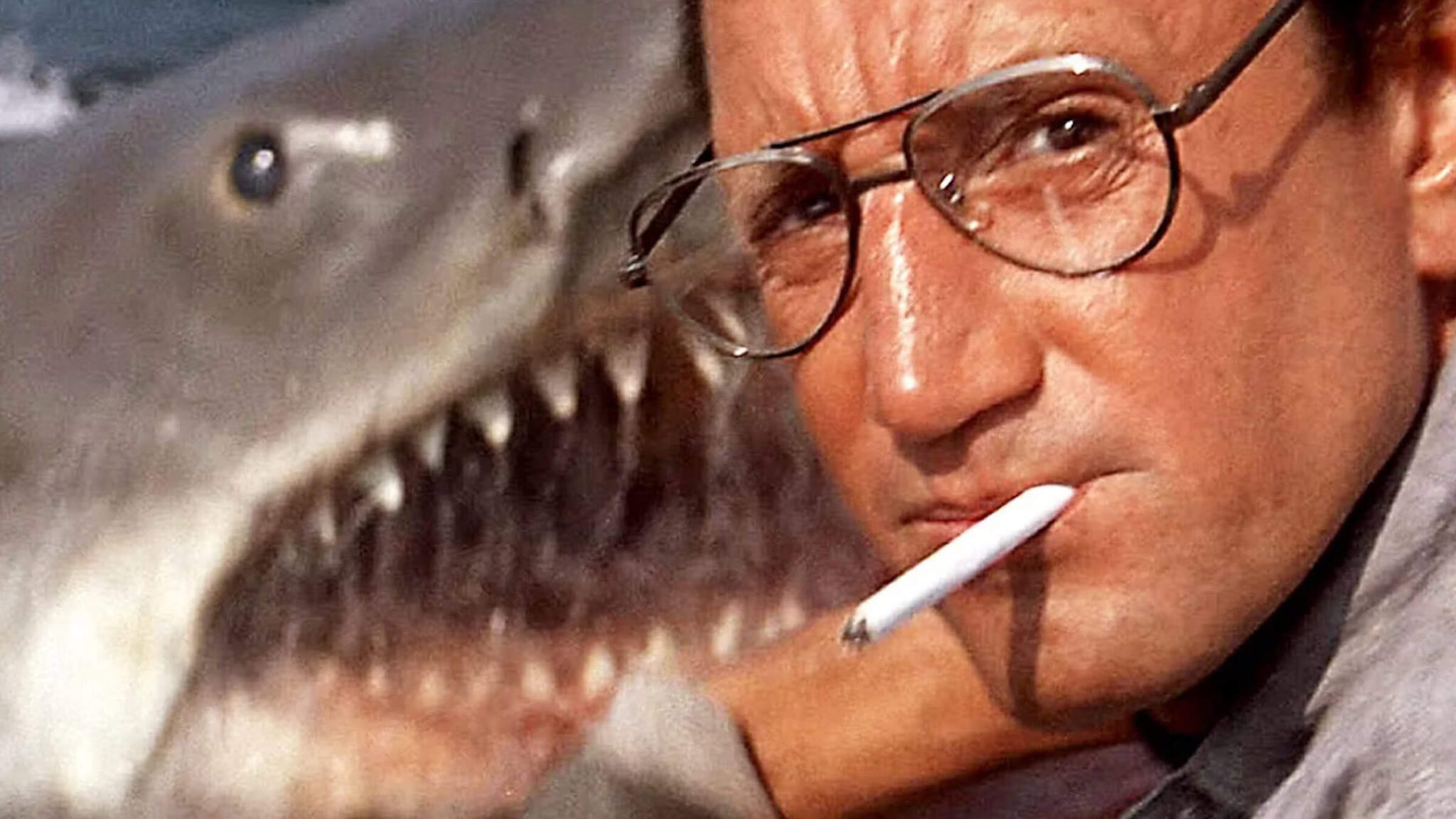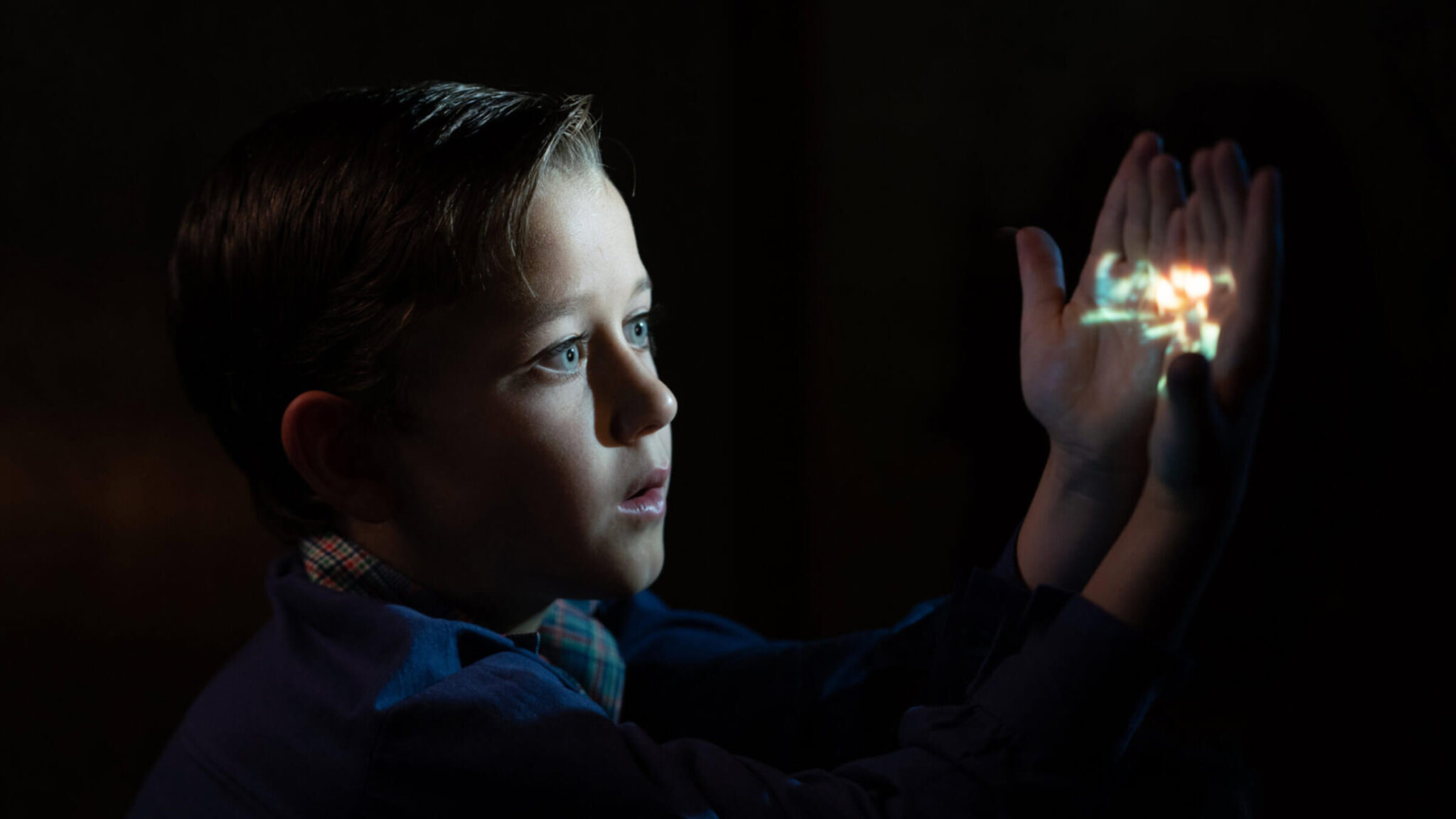7 Questions With ScreenCraft Fellowship Recipient Kevin P. Taft
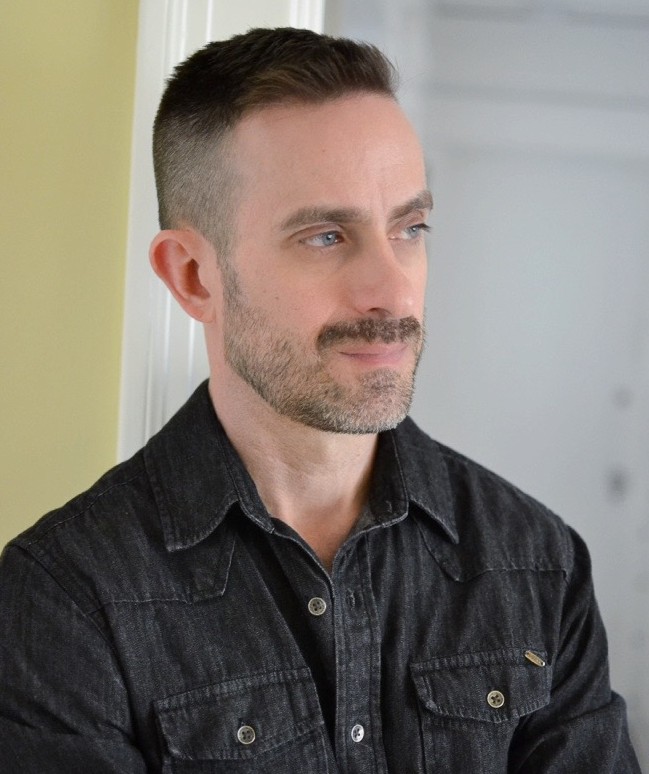
1) What is your writing process and how long have you been writing?
I’ve been writing for as long as I can remember. Whether it was short stories or ideas for scripts, I was always creating something. (In fourth grade I wrote a spec script for an episode of Welcome Back, Kotter!) It wasn’t until I was housesitting with someone who had a computer back in the late 80s that I wrote my first actual script. I worked on it day and night. It took two weeks and it’s still one of my best ideas.
My writing process can vary depending on what is going on in my life. When I sold my script Alone to New Line in 2002, I had written the entire thing on my breaks and lunch at my day job. Once I quit that job, I would write during the afternoons. But I found that I’m somewhat of a night owl, so while I would do some editing and brainstorming during the day, I found I did my best writing late at night between midnight and 3am. As far as working out my ideas, I still like to handwrite an outline on paper and go through the themes, character arcs, and plot points that way. Then I transfer to an actual word document.
I also do a lot of thinking (which can sometimes turn into napping, yet is oddly still effective). Oftentimes when I’ve had meetings with a manager or agent or even a producer and they’d throw ideas at me, I’d get very quiet. I realized they thought I either had no personality or didn’t understand what they were saying. In reality, my mind was spinning and I was brainstorming as they were talking.
2) How have you honed your craft since you began and what resource or activity has been the most helpful in that regard?
I’ve studied (like many) the Christopher Vogler “Writer’s Journey” (along with Joseph Campbell’s mythic structure) which I find really helpful in seeing what may be missing in my script. I also watch a lot of movies and was a film critic on a PBS show until recently. It afforded me to see a lot of films, good and bad, and it was helpful to see various styles of storytelling and study what did or didn’t work in the scripts the filmmakers worked with.
3) What was the genesis of THE BOYS WHO CRIED WOLF? How many drafts have you done and how much has the story evolved? Have you entered it into other competitions?
I love the horror genre, but am drawn to supernatural stories rather than gore-filled ones. Ghosts and demons have always freaked me out, even if I’m not so sure what I personally believe in regarding those ideas. What draws me to stories about haunted houses is how the families personally deal with the hauntings. How do they go home at night, put their kids to bed, and not be sick with worry?
With BOYS I wanted to write a horror/tearjerker. I feel like we see horror films that solely focus on the horror and the scares, but forget that there are human beings dealing with terrifying events. How is that affecting them? And what if two younger siblings had to face something that frightening all by themselves? What would make them choose to deal with it alone? What would that do to their bond as brothers? And how far would they go to protect each other?
I honestly can’t remember how many drafts I have done, but in the original few versions the ending was quite different. I struggled for a while with how to end it and the original ending flash-forwarded to the two brothers as adults. While it was an interesting coda to the story, I realized it was very unfulfilling, so I had to really think about what the boys’ character arcs were and what would be a satisfying resolution to the story. It was always their story, not the demon’s.
I didn’t want to get into some sort of weird made-up mythology of what the demon was and why it was after the boy. It’s scarier to not know. Look at The Exorcist. We never knew why the demon was after Reagan. And because of that, we thought it could happen to us or those we loved. That sparked such a cultural freak-out that hasn’t really been matched to this day. Even in the original Halloween, Michael Myers was a faceless shape that was relentless in his pursuit of Laurie Strode. We didn’t need a backstory because we projected our fear onto him. And that made it more terrifying.
It’s something I always hold as one of the great truths of the horror genre: Sometimes not knowing “why” is scarier that whatever explanation we can come up with.
BOYS has been in a few competitions. It was one of the Top Ten in the Horror Ultimate Logline Contest. I was a finalist in the Screamfest Horror Screenplay competition, and placed in ScreenCraft’s recent Horror Screenplay Contest.
4) What kind of stories are you drawn to tell? Favorite genre? What other projects do you have besides THE BOYS WHO CRIED WOLF?
I love stories with a preternatural bent to them. Whether it is supernatural or sci-fi, anything that makes the audience think out of the box and about the bigger questions of the world draws me in. I don’t think I’ve written any script that doesn’t have some sort of supernatural or science fiction undertone to it.
I have a soft spot for horror because I love to be scared. I was a wimp as a kid and I wouldn’t even go see Poltergeist at the theatre because I was too chicken. It took me until I was 24 to actually watch the The Exorcist in its entirety. But now, it takes a lot to scare me. It’s easy to do gore and gross people out. That’s a different brand of “horror.” I like really unsettling stories that get under your skin. I keep seeing movies that almost do it, but they don’t always get there so my goal is to write films that really scare, but have great characters and stories.
There are some exceptions: Nicholas McCarthy’s The Pact and At The Devil's Door are excellent, as is Mike Flanagan’s Absentia. Those two directors excite me and give me hope that we can get back to really great scary films. I loved James Wan’s The Conjuring and Insidious, even though – for me - they were a little heavy-handed. They still made me jump out of my seat repeatedly, though.
But I also love films like Another Earth, The Sound of My Voice and Mr. Nobody. They take otherworldly setups and focus on the people experiencing them. It’s not so much about plot as it is about the characters. I love that.
I also love monster movies and have an affection for werewolves. The first script that got me attention was a horror/comedy called BITE about the “Safest Town in America” that was secretly infested by werewolves.
I have a TV pilot called THE EXPERIENCERS about a group of people in Los Angeles who meet in an alien abduction support group and realize they are part of a large and scary conspiracy.
I have several completed scripts as well:
SECOND GLANCE is based on the novel by New York Times Bestselling author Jodi Picoult. She and I became friends when I asked if I could adapt her novel (which features ghostly activity). She really liked the script and has stood by my wanting to get the story made into a feature.
THE WRONG TURN OF JESSICA BUTTONWILLOW is a darkly humorous modern-day fairy tale about a teenage girl with a seemingly perfect life who takes a “wrong turn” and finds herself in an otherworldly place where she must face a part of her life she has buried away.
THE BANISHED is a supernatural thriller about a man who must protect his nephew from what appears to be a worldwide outbreak of demonic possession.
THE ICE AGE EXPERIMENT is about the first person brought back from cryonic freeze; and the legal and ethical complications that arise when it is discovered anyone brought back has a new soul.
I’m currently working on a time-travel thriller called CHAOS and a TV/book series about everlasting life called ETERNAL.
5) What's the best operating principle or piece of advice on screenwriting you've ever gotten?
The best piece of advice I ever received was from my old manager who, when we were discussing a project I was writing, asked me “what is it you want to say with this script?” He made me realize that even if I’m writing a movie that I’m hoping to scare the shit out of people with, I had to have a point of view. I had to have something I wanted to say. So now, with every script I write, the first thing I do is ask myself that question.
6) Who are your writing influences?
This is a hard one because I’m more influenced by films as a whole or specific filmmakers. Steven Spielberg was the biggest influence on me as a kid. His sense of wonder and fantasy really spoke to me and still does. And like many, Star Wars was the be-all and end-all for me, as it was what made me first interested in film. At the same time, I can equally be moved and inspired by Terrence Malick and Zhang Yimou. As for writers themselves, Tennessee Williams always comes to mind because of his rich and interesting characters. I feel like with film, lately Mike Cahill and Brit Marling (who both co-wrote Another Earth) tend to write things that fall into areas I am fascinated by, and do so by focusing on the characters and their voices.
7) Having received the ScreenCraft Fellowship, what are your immediate goals as a writer?
I really want to crack my time-travel script. I actually have the basics of the time travel worked out; it’s the characters I’m struggling with. It all goes back to “what am I trying to say?”
I also want to continue to develop a few of the other ideas that have been stewing around in my head. This fellowship has given me the confidence to realize I have a worthwhile voice. The life of a writer can be hard because this is a tough town to master, but I never could give it up because I love it so much. This fellowship has been a game-changer for me in how I see my future, so I'm thankful for that.
Other than that, I want to find a manager and/or an agent so I can get work and hopefully get my own projects off the ground. I’m hungry and eager to write and I’m just super excited at all of the future possibilities.
Oh, and I’d really like to quit my day job. (Again.)
Tags
Get Our Screenwriting Newsletter!
Get weekly writing inspiration delivered to your inbox - including industry news, popular articles, and more!


















